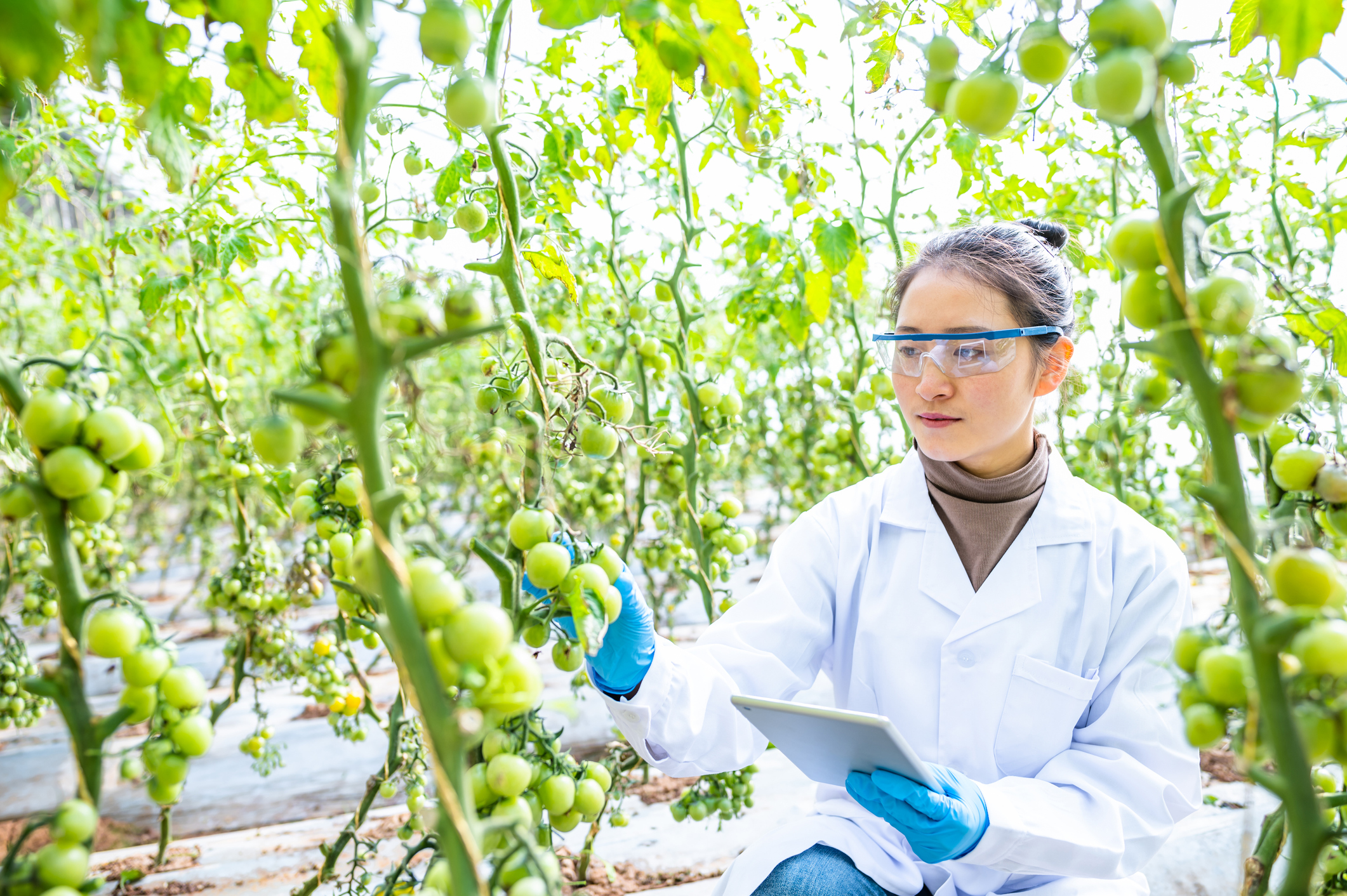"Open Innovation for better agribusiness” at the 2022 World Food Forum

The world’s agrifood systems are being hit by multiple shocks – conflict, climate and public health crises – often at the same time.
The issues are complex and diverse, but all experts agree on one thing: if we want to create a better food future, remaining in the same “business as usual” mindset is no longer an option.
This was the overarching theme during the ’Private Sector Investment Afternoon’ at this year’s World Food Forum, where the European Bank for Reconstruction and Development (EBRD) and FAO joined forces on a panel focusing on youth and open innovation in agribusiness – that is, looking to people outside the business for solutions and suggestions.
The session was attended by leading Turkish food retailer Migros Ticaret A.Ş , and Savola Foods Company, a strategic investment holding group for the food and retail sectors in the Middle East and North Africa region. Both agribusiness companies engaged in an insightful discussion where they laid out the challenges in their operations, their views on youth inclusion and open innovation, and the crucial importance of finding meaning or purpose in innovation.
“The world is turning faster and faster, and the challenges are ever greater. Now more than ever, we all need to be part of a great team and discover, decide, develop and share together. That is the best way we can tackle problems that affect us all,” said Dr Ayşegül Özkavukcu, Head of Migros Up R&D Center at Migros Ticaret A.Ş.
To close the event, the companies each launched a call for private sector innovation competitions, inviting youth to assist with real business needs that address global issues. This emphasised the immense potential for symbiotic relationships between private sector players and the youth to help provide innovative solutions around climate, food security and nutrition.
Connecting the dots
Businesses have traditionally run their own internal research divisions, but now companies are opening opportunities to start the conversation and harness innovation, thereby facilitating Open Innovation.
Open innovation, amongst other things, suggests changing the direction of innovation and “connecting the dots”. It puts out calls for ideas from willing participants and provides incentives such as financial or intellectual property protections, allowing the best ideas to move from idea to implementation.
The calls launched by Migros and Savola are an example of this. For Migros, the challenge is to find ideas to collaborate with local farmers in adopting digital technologies for more sustainable supply chains. For Savola, the challenge is to identify a sustainable fat replacer or alternative fat source.
The competitions launched at the WFF event are the result of FAO‘s Investment Centre and EBRD’s support for the growing relationship between the private sector and youth, through a pilot project linking youth innovation to value chain aggregators in the agrifood sector. This pilot, carried out with Migros and Savola, mainly focuses on using technology and new sustainable practices to promote innovation and competition. In turn, it aims to promote equality of opportunity for youth, through supporting access to finance and entrepreneurship for the private sector.
“So many breakthroughs in the past decades come from the youth. We encourage young people to unleash their creativity and to feel free to think beyond borders. Innovation progress is very uncertain, and we need to remain focused and open. That’s why we’re committed to supporting young curious minds on every step of the way,” said Mr. Diaa Rashwan, General Manager of Strategic Marketing Services, Innovations & B2B, Savola Foods Company.
The conclusion? We will see what innovations these competitions bring forward. A myriad of challenges lay ahead, but one thing is certain: innovative ideas, paired up with the right enabling platforms, makes the perfect catalyst for more and better investments, greater impact and a better food future.
* Disclaimer: The mention of specific companies or products of manufacturers, does not imply that these have been endorsed or recommended by FAO in preference to others of a similar nature that are not mentioned.
